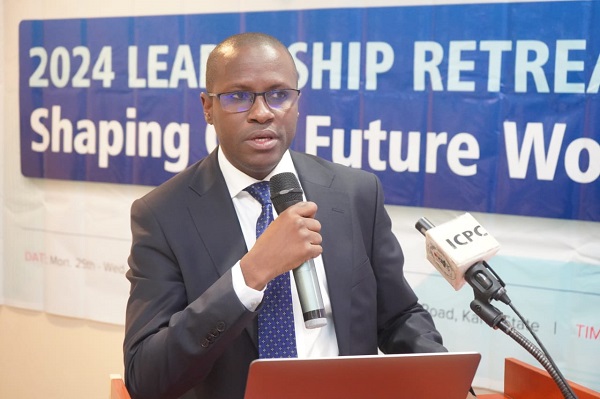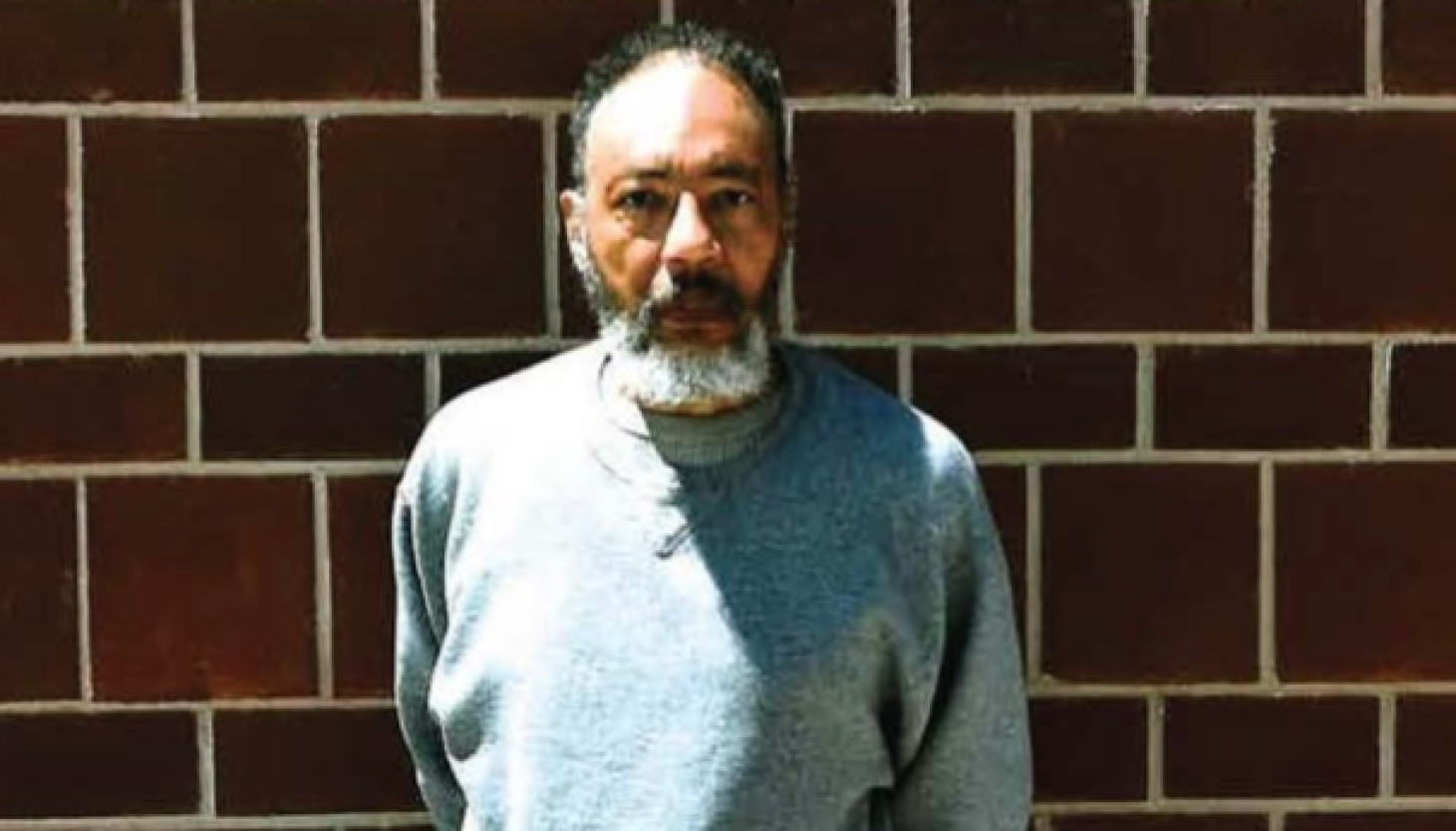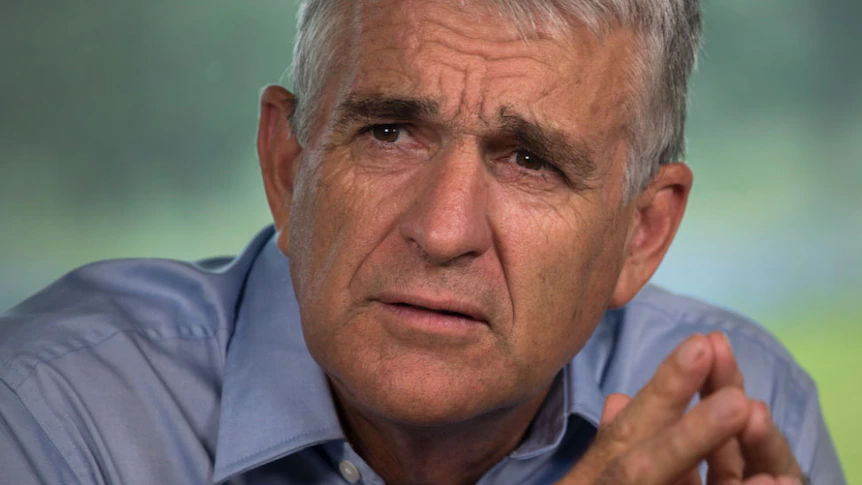Copyright thenationonlineng

The Chairman of the Independent Corrupt Practices and Other Related Offences Commission (ICPC), Dr. Musa Adamu Aliyu (SAN), has asked attorneys-general across the 36 states of the federation to uphold the recent Supreme Court judgment granting full autonomy to local governments. On July 11, last year, the Supreme Court delivered a landmark judgment affirming the financial independence of Nigeria’s 774 local government areas. The seven-member panel, led by Justice Mohammed Garba, unanimously upheld a suit filed by the Federal Government seeking to reinforce the autonomy of local governments, while rejecting attempts by some state governments to dissolve democratically elected councils. Speaking yesterday in Akure, the Ondo State capital, on the topic: Strengthening ICPC Capacity for Corruption Prevention, at a one-day roundtable engagement with state attorneys-general in the Southwest, Dr. Aliyu said the commission had initiated public education and awareness programmes to enlighten local government officials and other Nigerians on the implications of the judgment. The ICPC boss noted that despite some existing court orders restraining the commission from monitoring remittances and expenditures of local government funds in certain states, the Supreme Court’s ruling remains the prevailing legal authority. “I feel it is obligatory for ministers in the temple of justice, endowed with enforcement powers, to uphold the rule of law by giving effect to the Supreme Court judgment on the subject matter,” he said. “Local communities in Nigeria are in dire need of welfare, sustenance, and protection from the obstacles that push government resources beyond their reach. “We must fulfil our responsibilities to actualise their hopes for survival and development, which remain grim 65 years after independence.” Aliyu emphasised that the fight against corruption requires collective responsibility. “The ICPC cannot do it alone because Nigeria is a large nation, and corruption is a complex phenomenon that has obstinately cloaked our potential for development,” he added. Read Also: Nigeria turning towards prosperity Delivering the keynote address, a former Lagos State Attorney-General and Commissioner for Justice, Moyosore Onigbanjo (SAN), stressed the need for state attorneys-general to offer sound legal advice to their executives and ensure strict adherence to the rule of law. “It is not so much about the laws in existence but more about the character of the people who occupy these offices. Do you have a governor who wants the rule of law to thrive? Do you have an attorney-general whose fidelity is to the rule of law and who is ready to advise?” Onigbanjo queried. The former commissioner cautioned against calls for the separation of the offices of Attorney-General and that of the Commissioner for Justice, arguing that such a move would unnecessarily increase the cost of governance. “We don’t need that now. If you separate those two offices, you are talking about creating another Ministry of Justice. “Instead, put in place structural reforms, capacity building, and adopt technology for greater transparency in decision-making,” he said. According to him, such reforms would strengthen public confidence in the justice system and ensure that executive or political interests do not override the rule of law. Present at the event were the attorneys-general of Osun, Ekiti, Ondo, Ogun, and Lagos states. Also present were the Chairman of the Senate Committee on Anti-Corruption and Financial Crimes, as Senator Emmanuel Udende, and the Chairman of the House Committee on Anti-Corruption, Prince Kayode M. Akiolu, among others.



